< Back to all posts
10 Tips For Shooting Video in Beijing
Beijing is China’s sprawling capital city and dates all the way back to the third century. This city is a bustling metropolis as well as the country’s center for politics and international exchanges. While Beijing is well known for its modern architecture, it has many ancient and historical locations, including seven UNESCO World Heritage Sites. With a unique juxtaposition of historical influence and present-day technological features, as well as delicious food and a wide array of entertainment, this city has much to offer to any traveling producer. We talked to DP Chen Chang about the top 10 things you need to know before shooting corporate video in Beijing.
1.Visas and Permits: The most important thing to remember is that you need the correct visas to do any filming. It is illegal to film in China without the correct visa (J-1 or J-2). This can be quite the process and can take around one month. They will most likely require a detailed schedule, equipment list etc. You need permissions to do filming in every location you visit. This is used as a safeguard by the government. Also, always keep your passport with you during the shoot in case the police want to check your visas.
2. Equipment: “Probably the main thing to know when shooting video in Beijing/China is that all cameras, be it for a corporate production or documentary, are seen by the government as news,” Chang said. It is often advisable to take a smaller camera (5D or similar) to enter as a tourist to public parks and areas since they require permission to enter with broadcasting cameras.
3. Traffic: China is known for having some outrageous and massive traffic jams. It can be very trying at times so you should plan ahead and leave much earlier than you need to, in order to maximize your shooting time and not be late.
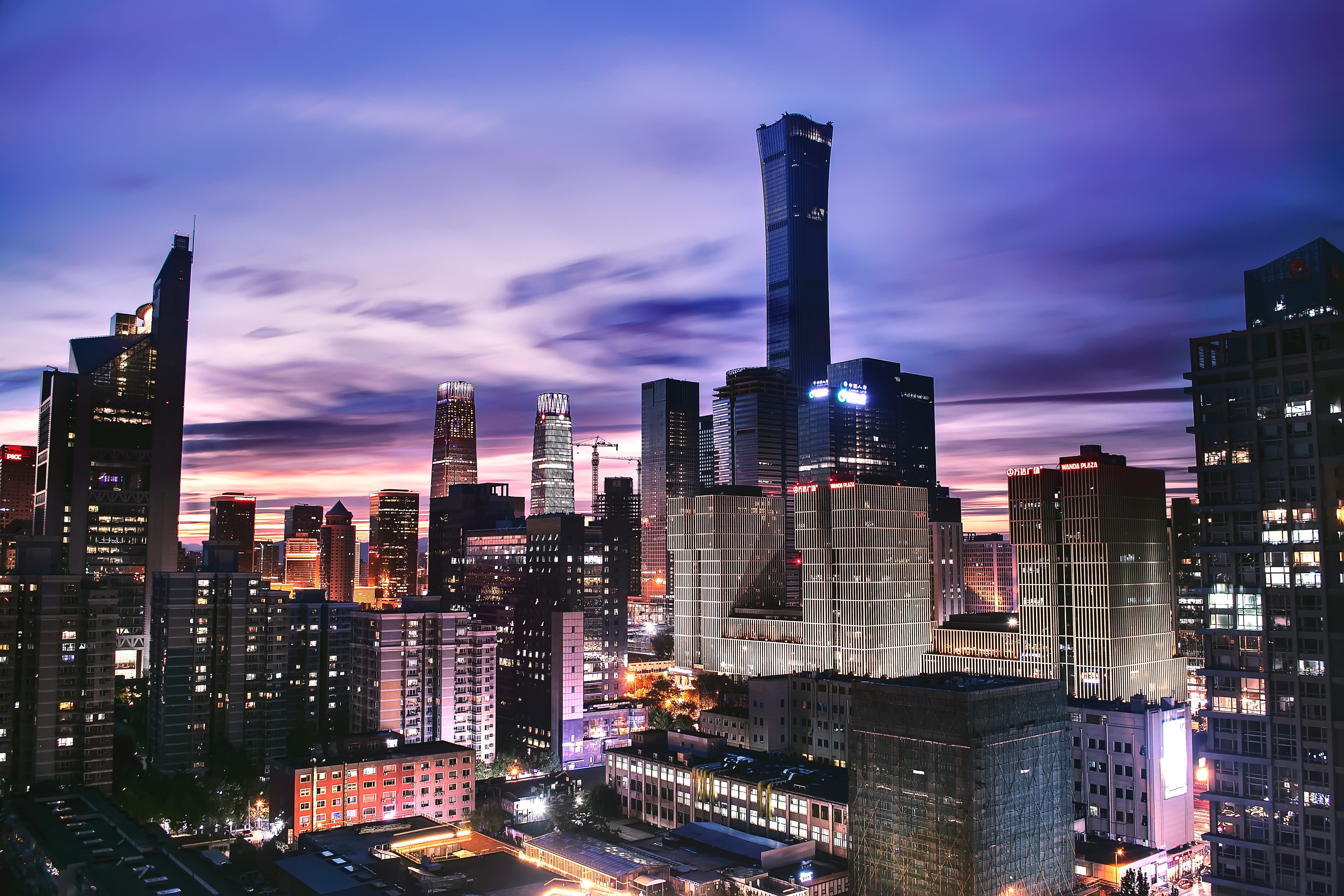
4. Transportation: We recommend hiring a driver and car/van who knows the city well. “Small mistakes can end up costing a great part of the day, parking can be difficult, and it is strongly advised not drive yourself if you’re not used to driving in China,” Chang said. Public transportation options are also available, like subways and buses, but can be especially crowded during peak travel times.
5. Iconic Locations: Although there is evidence of the earliest settlements in Beijing as far back as 1100 BC, not much remains prior to 1406 when the Ming Dynasty started to build the Forbidden City. It is called the ‘Forbidden City’ because in the past, commoners were forbidden from entering without permission. For many years it was the imperial palace and is now also known as the Palace Museum. This iconic landmark is also right next to Tiananmen Square which is also a popular tourist spot. Other popular, historical landmarks in Beijing include the Summer Palace, Temple of Heaven, and the Ming Dynasty Tombs. For a more modern vibe, we recommend capturing some shots of CCTV Headquarters, the National Stadium, and the National Centre for the Performing Arts.
6. Etiquette: Before traveling to China, you should take note of some cultural do’s and don’ts that could make or break your shoot:
- Do give an appropriate greeting- most likely a smile and handshake will suffice, but there will be other situations that will call for you to bow.
- Do accept business cards with two hands- and never put it in your back pocket as that can be considered disrespectful.
- Do slurp your soup- it is a sign of appreciation for the chef’s cooking.
- Don’t be late- punctuality is a sign of respect.
- Don’t tip for everything- It’s usually only necessary at fine restaurants and to tour guides and bellboys.
- Don’t point at people- this is considered hostile and rude.
7. Language: China’s official language is Mandarin and is mostly based on the Beijing dialect. Though some basic English is spoken in some areas, you will need to have some basic level Chinese in order to navigate the city. “It is always recommended to have a good local fixer/producer with you,” Chang said. “Not only do they know all the good spots to shoot, coordinate drivers and help with location permissions and translations, but they are great for recommending restaurants and helping you order food as well.”
8. Weather: The best times for shooting are during the spring or fall. Beijing gets well below freezing in winter and summer can be very hot and humid. You may have previously heard about Beijing’s air pollution. “Pollution can be an issue, but spring and fall can give you some of the nicest days,” Chang said. While you’re checking the weather daily, you should also be checking the air quality. Many will wear masks over their mouth and nose to help filter the air.
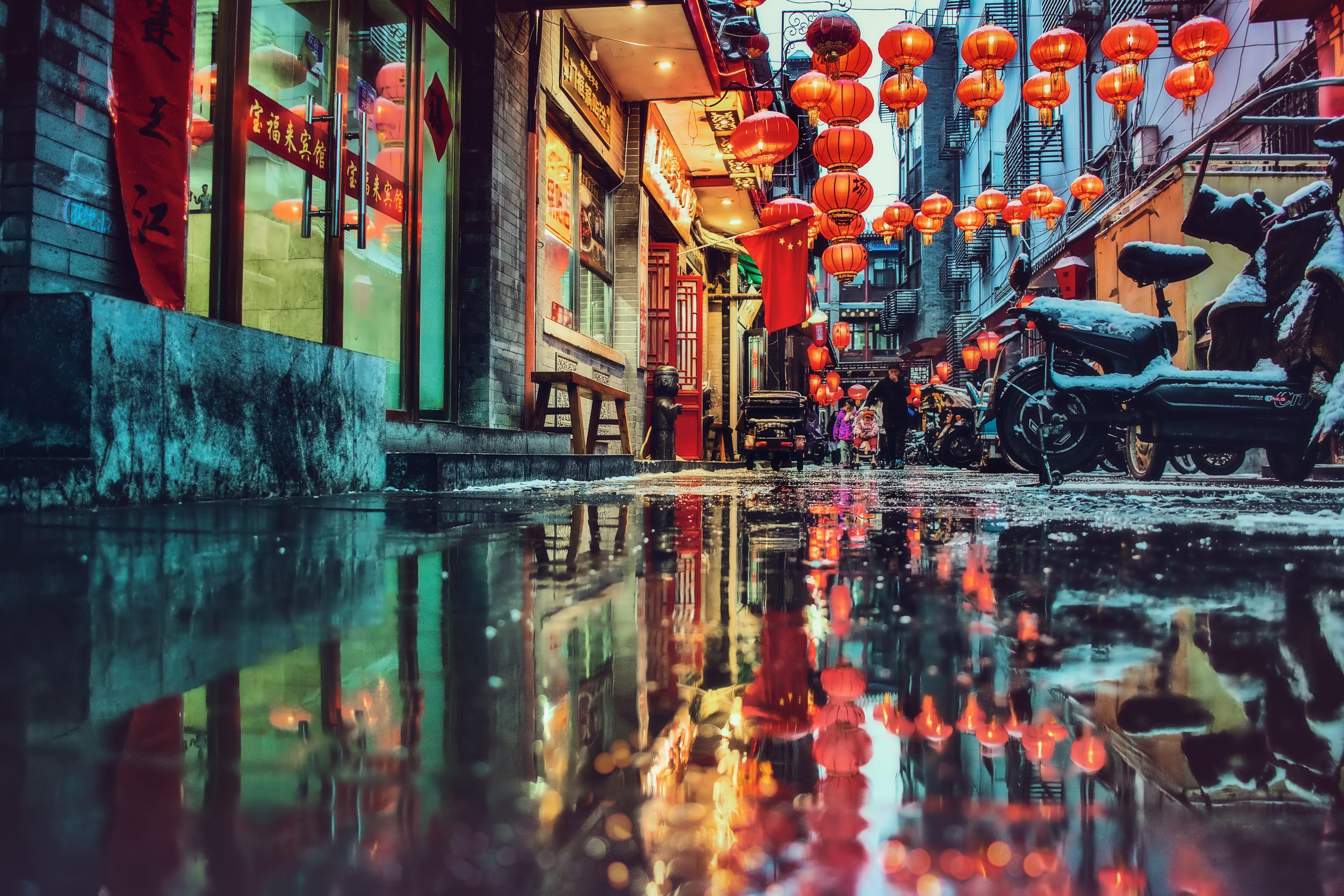
9. The Great Wall of China: Although it is 80 km from the city center, The Great Wall is technically in the Beijing Municipality. It is one of the world’s must-see sights and the longest wall in the world. We recommend getting some b-roll or establishing shots of the wall when visiting Beijing.
10. Cuisine: “There is fantastic food in Beijing including great western/foreign options,” Chang said. “Beijing (Peking) duck is a must try!” Other classic Chinese cuisine includes Jiaozi (Chinese dumplings) and Jing Jiang Rou Si (shredded pork in Beijing Sauce). For other food recommendations, click here.
Key Takeaways:
- Visas and Permits: It is illegal to do enter the country or do any filming in China without the correct visas. These usually take one month to get approved so it’s best to start filling out your forms now!
- Language: English is not widely spoken in Beijing so it will be most beneficial for you to hire a local fixer/translator.
- Weather: The best time to shoot in Beijing is during the fall and spring. Also remember to check the air quality every day of your visit.
And if you’re planning an upcoming shoot in Beijing, you can trust Crews Control to get you the best local crew with the equipment you need. Just click here for a free quote!




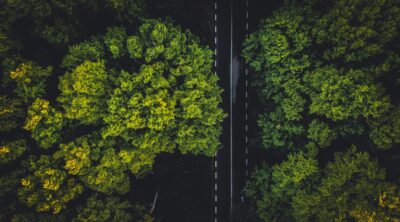
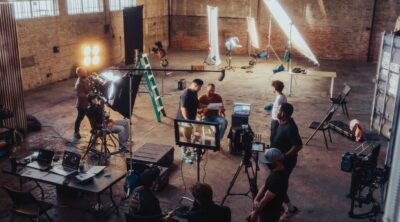
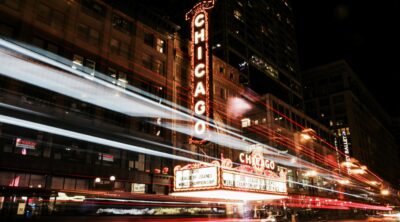
Leave a Reply